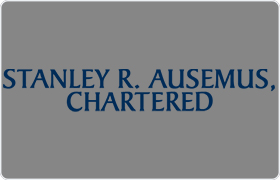Holcomb Estate Lawyer, Kansas
Sponsored Law Firm
-
 x
x

Click For More Info:
-
Stanley R. Ausemus, Chartered
413 Commercial P.O. Box 1083 Emporia, KS 66801» view mapEstate Quality Legal Support and Counsel
The locally owned Stanley R. Ausemus, Chartered has a mission to provide quality legal support and counsel to its clients.
800-709-0390
Not enough matches for Holcomb Estate lawyer.
Below are all Holcomb lawyers.
Scott E. Daniel
Real Estate, Wills & Probate, Child Custody, Civil & Human Rights
Status: In Good Standing Licensed: 46 Years
 Stanley Ausemus Emporia, KS
Stanley Ausemus Emporia, KS
